Project team

Institute of Communication and Computer Systems is a Research Center affiliated to the National Technical University of Athens. ICCS/NTUA is participating with the Materials Laser Micro-Processing (MLMP) group headed by Prof. Ioanna Zergioti. MLMP has expertise in laser materials processing for optoelectronics and biological applications. Among other main achievements the MLMP group is recognized as a leading group in laser-matter interaction and laser printing and processing of a wide range of materials from organic 2D materials to semiconductors and oxides. The group’s activities include also optical simulations using ray tracing software and development of imaging assemblies for high resolution imaging applications as well as assembly and testing of microfluidic platforms for biomedical applications. Its research activities include also the development and characterization of sensors for environmental and food analysis and the magnetic manipulation of superparamagnetic nanoparticles in microfluidic systems for drug delivery applications and more recently the group has invested its research efforts in OoC studies.
Role in Tumor-LN-oC project:
- Project leader/management
- Leading WP3 related to the specifications and user requirements
- Leading WP7 that concerns the assembly of the microfluidic chip components and testing
- Leading WP11 that regards optical simulations and the development of the micro-optics module

Eindhoven University of Technology will participate with the Microsystems group headed by Prof. Jaap den Toonder. The group focuses its research on the investigation and development of innovative technological concepts and fabrication methods for microsystems for a wide range of applications. The application focus is on microfluidic chips, biomedical microdevices, and soft microrobotics. The group’s research approaches are often biologically inspired, translating principles from nature into technological innovations. Among many other achievements, the group is recognized as a pioneer in fabrication of artificial cilia and development of their applications. This technology will be applied in Tumor-LN-oC for circulatory fluid control. In addition, Organ-on-Chip, the overall application field of Tumor-LN-oC, is one of the major research topics of the group – Prof. den Toonder is one of the founding members of the Dutch Organ-on-Chip consortium hDMT.
Role in Tumor-LN-oC project:
TU/e will lead the WP5 for design and fabrication of Tumor-LC-oC cartridges, in particular, in T5.1 the first generation disposable laboratory test chips, as well as T5.3 second generation, reusable and more scalable second generation chips. TU/e will also lead in T3.2 for making the functional design of the chip, taking into account the physical and biological requirements. TU/e will participate in WP6, 7, and 8 for biological sample integration, optical/mid-IR detection and production upscaling investigation.
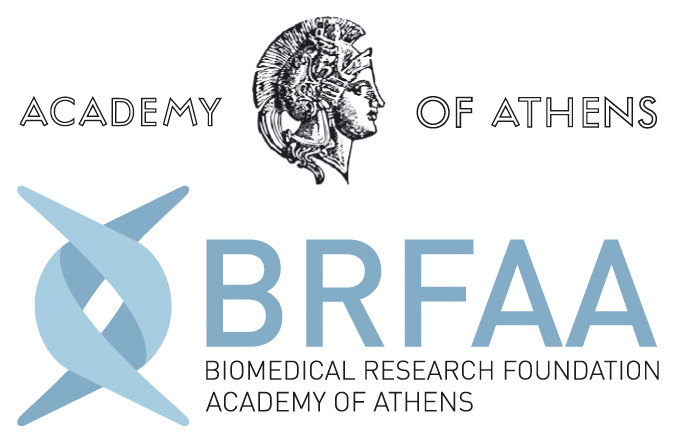
Biomedical Research Foundation of the Academy of Athens is the newest Research Center in Greece. It houses 51 research groups focusing on the understanding of basic mechanisms of cell biology, stem cells, cancer, metabolic diseases, development and also the function of the cardiovascular and the nervous systems. BRFAA will participate with the group of Dr Apostolos Klinakis within the Center for Basic Research. Since joining BRFAA, Dr. Klinakis is the scientific supervisor of the mouse knockin/knockout core facility. His group has invested great effort in understanding basic questions in cancer biology including tumor development and progression, metastasis, response to anticancer therapies and identification of biomarkers characterizing stem cells and cancer stem cells. The group uses mice, cells in culture and human primary tumor samples to address these questions and has established an extensive network of clinical and non-clinical collaborations. In particular, a close collaboration is undergoing with the neighboring thoracic hospital “Sotiria” that is specializing in lung diseases. More recently, the Klinakis group is investing on OoC applications for cancer studies and regenerative medicine applications. All these activities fit very well within the scope and efforts of the consortium.
Role in Tumor-LN-oC project:
BRFAA is responsible for WP13 which aims at the final integration, demonstration and validation of the Tumor- LNoC platform with real patient samples. Furthermore, in BRFAA will be responsible to address the gender aspects of the project (Task 3.6), the collection of the surgical specimens and the optimization of their culture conditions (Tasks 4.2. and 4.3) as well as the personal data protection and ethics considerations of the proposal (Task 15.3). BRFAA will also participate in WP19 that is related to ethics and will be responsible for D19.1, D19.2 and D19.3. BRFAA also contributes to several more Tasks and WPs.
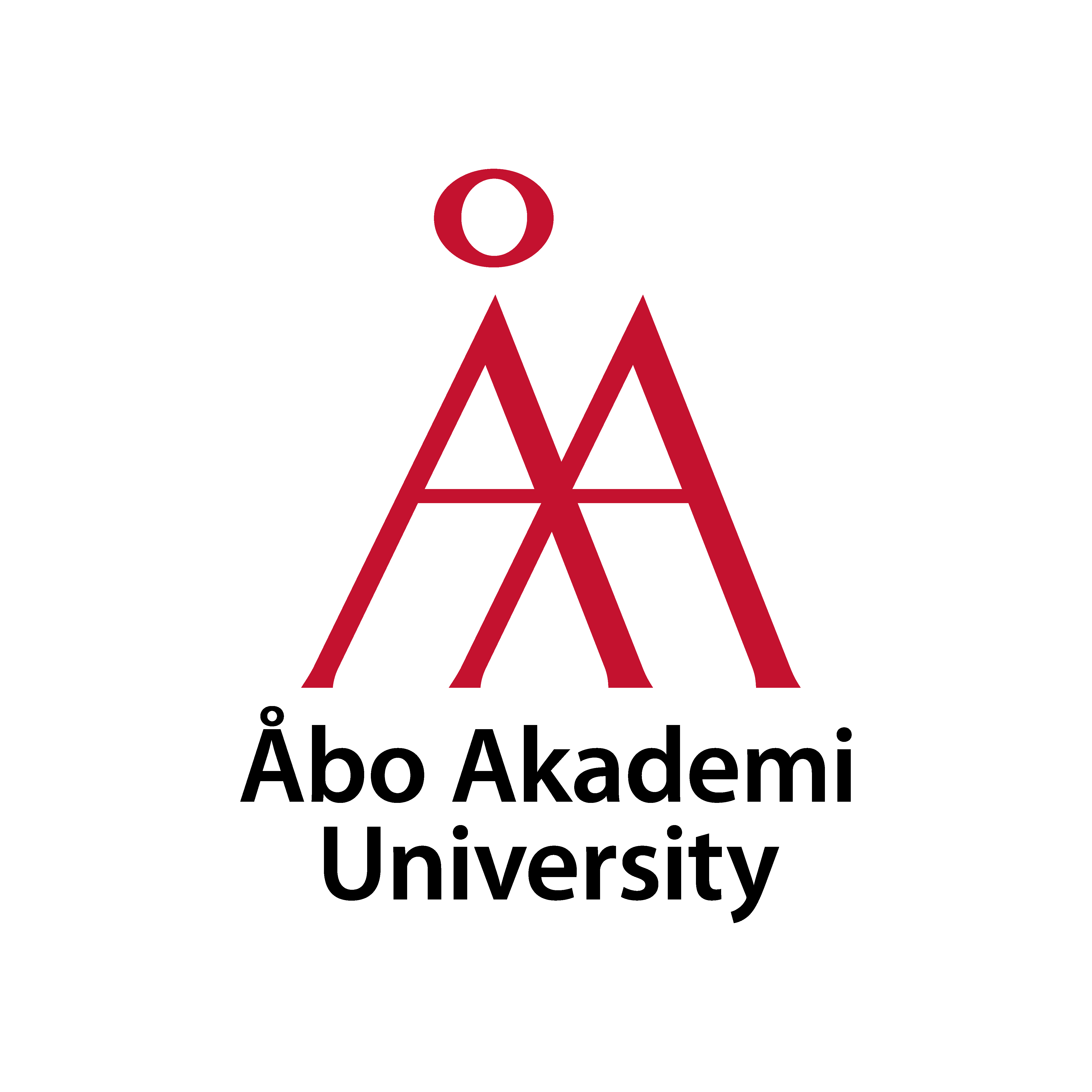
Åbo Akademi University will participate with the Cell Fate group headed by Prof. Cecilia Sahlgren. The research of the group is focused on the fundamental mechanisms, that guide cell fate during tissue formation and in disease such as cancer. The group uses engineered microtissues as well as animal models to discover mechanisms of tissue formation and disease and utilize this knowledge to develop material-based medical technologies to control these mechanisms in regenerative and cancer therapies. Among many other achievements, the group has identified several regulatory mechanisms of cancer progression and developed model systems to study cancer invasion, and for phenotypic drug screening and testing. The knowledge on cancer cells and mechanisms of cancer invasion and experience of engineered model systems will be applied in Tumor-LN-oC to optimize the culture conditions of the lymph and cancer tissues and for the identification of biomarkers unique to invading cancer cells.
Role in Tumor-LN-oC project:
AAU will lead the WP4: cell culture, LN and tumor tissues to optimize co-culture conditions and laser printing protocols for cancer and lymph cells and tissues in the device. AAU will also contribute to WP9 and 10 focused on the development of the spectroscopy system to identify the spectral signature of invading cancer cells. AAU will provide cells and identify biological biomarkers of the invading cells by mRNA-Seq and proteomics.

Alpes Lasers S.A. is a Swiss SME. It is considered as a leading company in defence and security industry, regarding its mid-IR photonic applications (IR-countermeasures, Gas detection QCLs, CBRNE detection, etc), and is a leader in the development of optoelectronic devices in the Mid- Infrared range. These light sources are of particular interest since almost all the substances have strong molecular fingerprints in the Mid-IR spectral region. For this reason, these sources are used for a large number of purposes from the clinical diagnostic to the environmental and industrial quality control. Many of these potential applications are not yet fully exploited and several multi- national partners, especially in the large consumer electronics, rely on us for the identification of the most suitable product development strategy and to help them set up the prototype fabrication and IP protection. Therefore, Alpes Lasers is characterized by a large R&D team of scientists with almost 30 years of cumulative experience on QCLs and microelectronics. Currently Alpes Lasers is involved in numerous research projects for both the European union and the US government. Alpes Lasers SA was also the first company to commercialize QCLs in the Mid-IR.
Role in Tumor-LN-oC project:
ALPES will be developing the broadly tuneable laser sources used by TUS for the MIP sensing technology in WP9 and WP10 will also participate in WP3 related to the specifications and WP13 for the validation and integration of the final prototype and WP16, WP17 and WP18 for the dissemination and communication activities of the project.
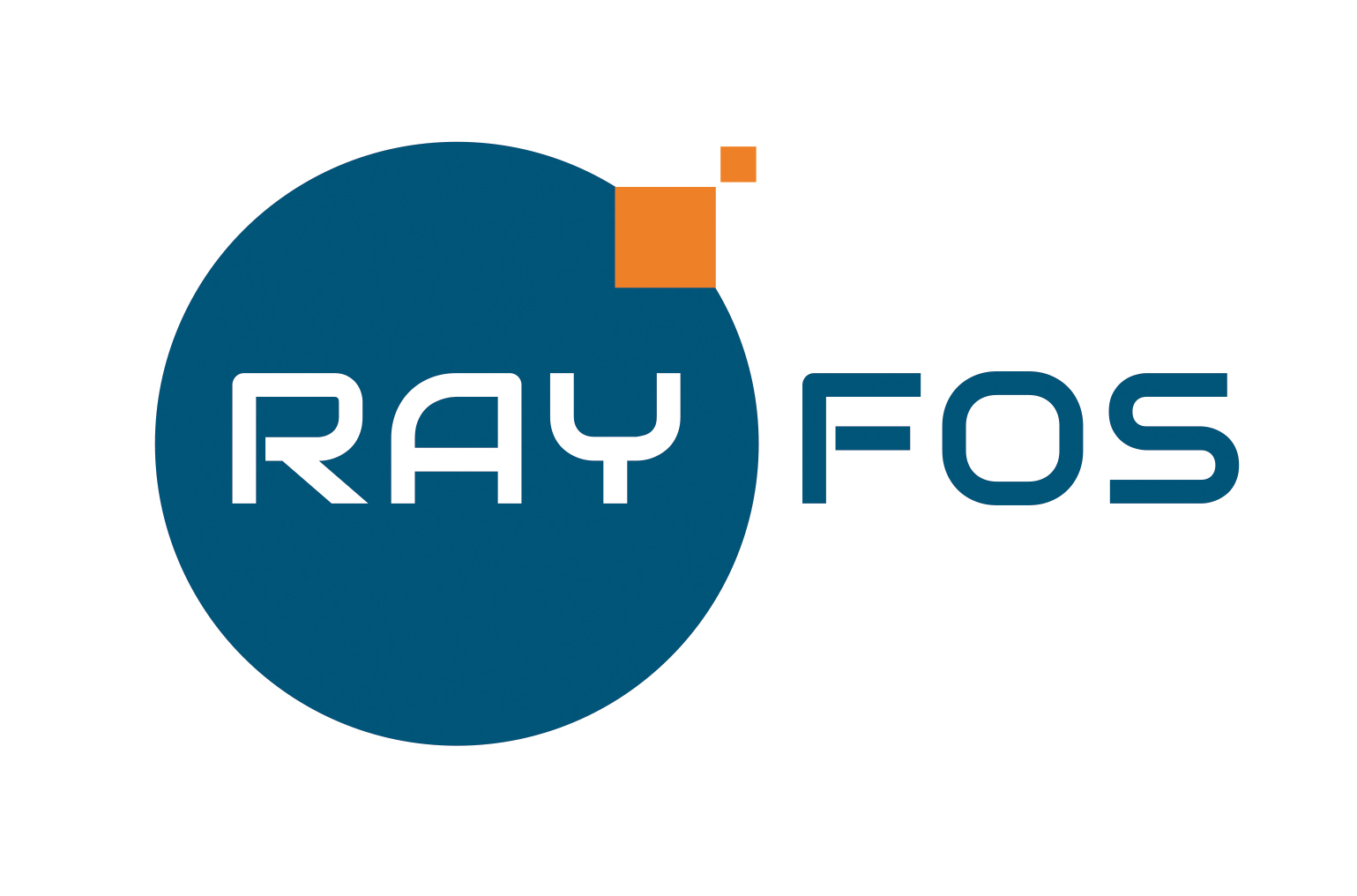
Rayfos Ltd. is a UK-based company founded in 2012 in the field of scientific software engineering and real-time processing systems. The core staff expertise is based on more than a decade of R&D in optics and metrology system design, data analysis associated with real-time processing operations, and optical sensing and spectroscopic measurements. Rayfos is developing OEM solutions based on optical sensors and systems, advanced real time data acquisition and signal processing and high speed, scalable computation architectures. The company designs and produces integrated system- level solutions based on state-of-the-art sensor technology, enhanced with advanced data acquisition and novel signal processing algorithms. While the model of operations today is Business to Business (B2B), Rayfos has initiated a pilot Business to Customer (B2C) model in 2014 with direct sales of software solutions around robust data processing tools developed by the company. The company plans to grow its B2C sector in addition to serving industrial partners.
Role in Tumor-LN-oC project:
Rayfos will lead WP12 and will engage in signal and image processing tasks, related to data acquisition and analysis of information gathered from live microscopy and MIP spectroscopy. Rayfos is also involved in the design of the TumorLN-oC spectroscopic and imaging sensors (T3.3) and in the development of the micro-optics module (WP11) as well as in the overall integration and testing of the platform (WP13).
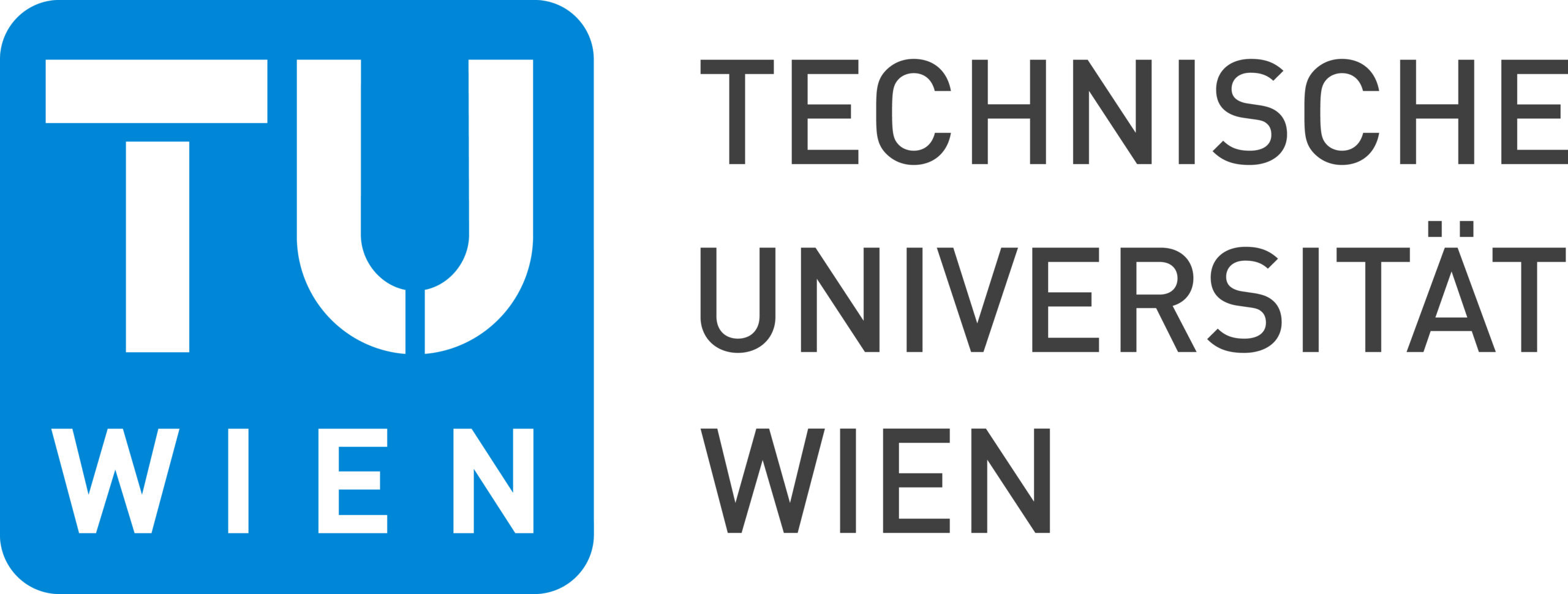
Vienna University of Technology is Austria’s largest technological university with about 28,000 active students in eight different faculties located in the very heart of Vienna. The University is led by the Rector and four Vice Rectors (responsible for Research, Academic Affairs, Finance as well as Human Resources and Gender), and supported by a Senate of 26 members. The University Council acts as a supervisory board. TUW places great emphasis on the inclusion of students in research programmes (research-based teaching) to encourage and inspire new generations of scientists. Development work in almost all areas of technology is encouraged; first, by the interaction between basic research and the different fields of engineering sciences at TUW itself, and secondly, within the framework of cooperative projects with other universities, research institutes and business sector partners. TUW has sharpened its research profile by defining competence fields across all faculties and setting up interdisciplinary collaboration centres. Competence fields of particular relevance for this project are Materials Science including chemical and physical material characterisation, as well as Quantum Physical and Optical Technologies.
Role in Tumor-LN-oC project:
Based on its ample expertise in the development of novel mid-IR-range laser-based (bio-)sensors, TUW will design, build and evaluate an MIP-based imaging module for the spectroscopy of cells in liquid. In WP9, TUW will demonstrate the viability of MIP spectroscopy for cells in water and develop an imaging module based on a commercially available laser. In WP10, the module will be integrated with a novel, high-speed laser source developed by ALPES and tested on human cells. In WP13, the module will be integrated into the Tumor-LN-oC device and applied to the spectroscopic analysis and classification of cells.
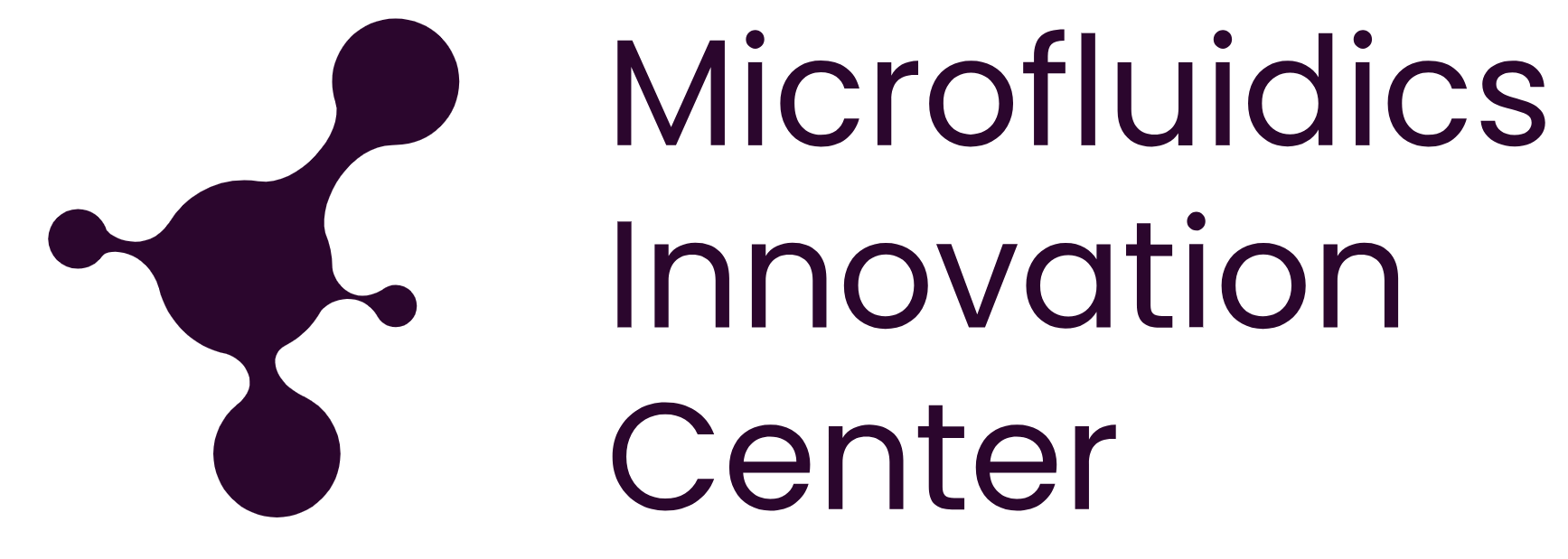
The Microfluidics Innovation Center was created by three entrepreneurial researchers in 2011 as the innovation and entrepreneurial business unit of the Elvesys group. We carry out collaborative research to create deeptech companies on European soil. Their main mission is to use microfluidics to accelerate the biotech revolution as quickly as possible and in every possible way. In 2023, MIC became independent to fully exploit our innovative and entrepreneurial potential. The company develops microfluidic prototypes as part of EU consortia such as Tumor-LN-oC to solve researchers’ problems. At the same time, MIC tests the market interest in these prototypes and transform them into products. Once the business model has been established and the financing plan validated, the technology is licensed, or a new deeptech spinoff created.
Role in Tumor-LN-oC project:
In this project, MIC is responsible for the development of an automated cell-perfusion system for the cultivation of organ-on-chips. The work will be mainly distributed between WPs 6 and 8 and will include the development of a new gas-controlling microfluidic pressure controller and an automated cell-culture platform.
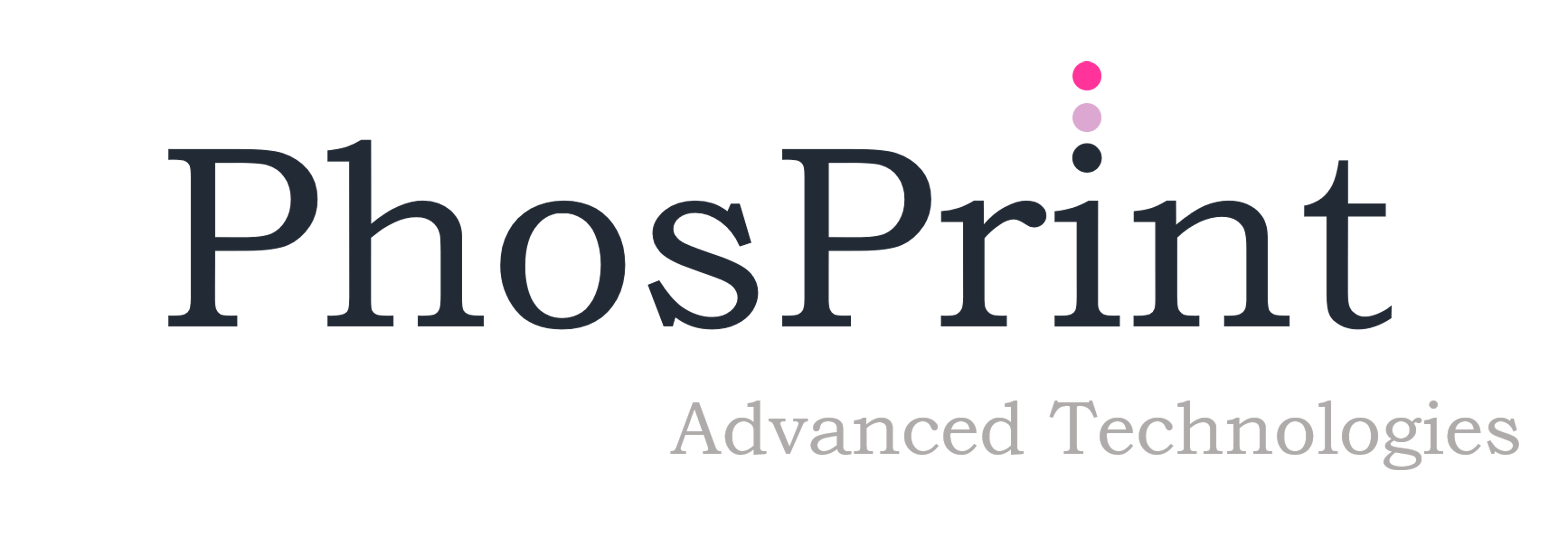
PhosPrint P.C. is an SME, spin-off from the Institute of Communication and Computer Systems of the National Technical University of Athens (ICCS/NTUA) based in Athens, Greece and was co-founded in 2019 by experienced researchers in the field of laser bioprinting. The company specializes in developing and designing high quality laser printing systems suitable for the laser bioprinting of biomaterials including cells, proteins, antibodies and hydrogels. What is considered as PhosPrint’s core competence is the ability to interface the fields of bioprinting, regenerative medicine and personalized diagnostics aiming to provide solutions along the value chain of bioprinted products, which are realized through its laser bioprinter. Within Tumor-LN-oC, the main role of PhosPrint will be the development of the laser bioprinting process for the printing of the LN and tumor cell lines and tumor organoids and the in-situ laser bioprinting within the microfluidic platform that will be developed in the project. Through the networking activities and collaborations within Tumor-LN-oC our main objective and ambition is to establish PhosPrint at the European level as a high-tech company in the fast-growing bioprinting industry and enrich our service portfolio with the in-situ laser bioprinting of LN and tumor cell lines and tumor organoids in OoC platforms for personalized diagnostics and drug testing.
Role in Tumor-LN-oC project:
PhosPrint will be responsible for the development of the laser bioprinting process for the printing of LN and tumor cell lines and tumor organoids and the immobilization of antibodies and will lead Task 4.5 of WP4. PhosPrint will also lead T17.2 of WP17 and T18.2 of WP18 on the IPR management and the development of the project’s patenting strategy. Moreover, the company will participate in WP3 on the definition of the specifications and user requirements, in WP5 T5.2 related to the assembly and testing of the microfluidic components, where PhosPrint will perform laser printing experiments within the chambers of the microfluidic chip. In WP7, T7.2, PhosPrint will participate through the laser printing inside the resealable microfluidic platform and also in WP13, T13.3, T13.4 by conducting laser bioprinting in the first validation tests of the platform for metastasis diagnosis and drug testing. Moreover, PhosPrint will participate in WP16, WP17 and WP18 on dissemination and communication activities.
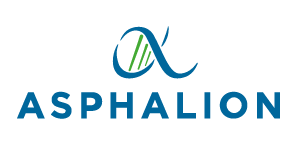
ASPHALION is an International Scientific and Regulatory Affairs consultancy company, with offices in Barcelona, Madrid, Munich and London. Founded in 2000, ASPHALION has grown consistently, and now employs more than 100 team members from 10+ different nationalities. ASPHALION counts with regulatory expertise in biological and other innovative medicinal products, including advanced therapies, nanoparticles, etc. Also, ASPHALION has been present in a high number of Scientific Advice meetings and presubmission meetings with National competent authorities (NCAs) as well as European medicines agency (EMA) and the Food and Drug administration (US FDA). ASPHALION has a vast and extensive expertise as regulatory strategy consultancy and support in CMC, preclinical and clinical during drug development, IMPD and IB compilation and CTA submissions, among other expertise and knowledge. Moreover, ASPHALION supports research consortia as SME Regulatory Expert Partner, and has experience in proposal preparation and the application process since 2012.
The main role of ASPHALION within the Consortium is:
- To be the Regulatory partner holding the expertise in the field.
- To conduct regulatory procedures to further develop the project.
- To lease with the EMA and the NCAs.
- To give scientific and regulatory inputs as well as technical advice to comply with current legislation and guidelines.
- To execute regulatory medical writing activities.
Role in Tumor-LN-oC project:
Asphalion activities have been divided in 2 different WPs, WP14 and WP15, involving the regulatory considerations related to the development of the Tumor-LN-oC platform. Within this WPs, Asphalion will develop the regulatory strategy and will identify the regulatory requirements and technical standards applicable, as well as engaging with regulatory authorities in order to ensure the correct regulatory pathway of the Tumor-LN-oC platform. In addition, Asphalion will support the consortium in all regulatory issues during the course of this project.

AMIRES is a consulting and management company for research, development and innovation projects, which provides the necessary strategic and administrative support to high quality international teams to achieve their objectives and facilitates the research-industrial and research-policy making interface. AMIRES follows projects from their initiation and planning, through negotiation, execution and management to the final stage, where exploitation of new technologies, products or services is facilitated. Moreover, main mission of the company is to facilitate the access of European research to high-tech SMEs and improve exploitation of innovative ideas. AMIRES s. r. o. is based in the Czech Republic but provides its services all around Europe.
Role in Tumor-LN-oC project:
Within the project, AMIRES is be actively involved in the administrative and financial project management tasks and is responsible for the dissemination activities.